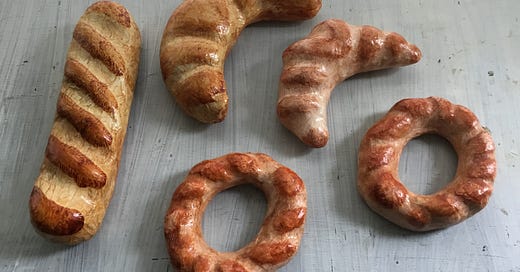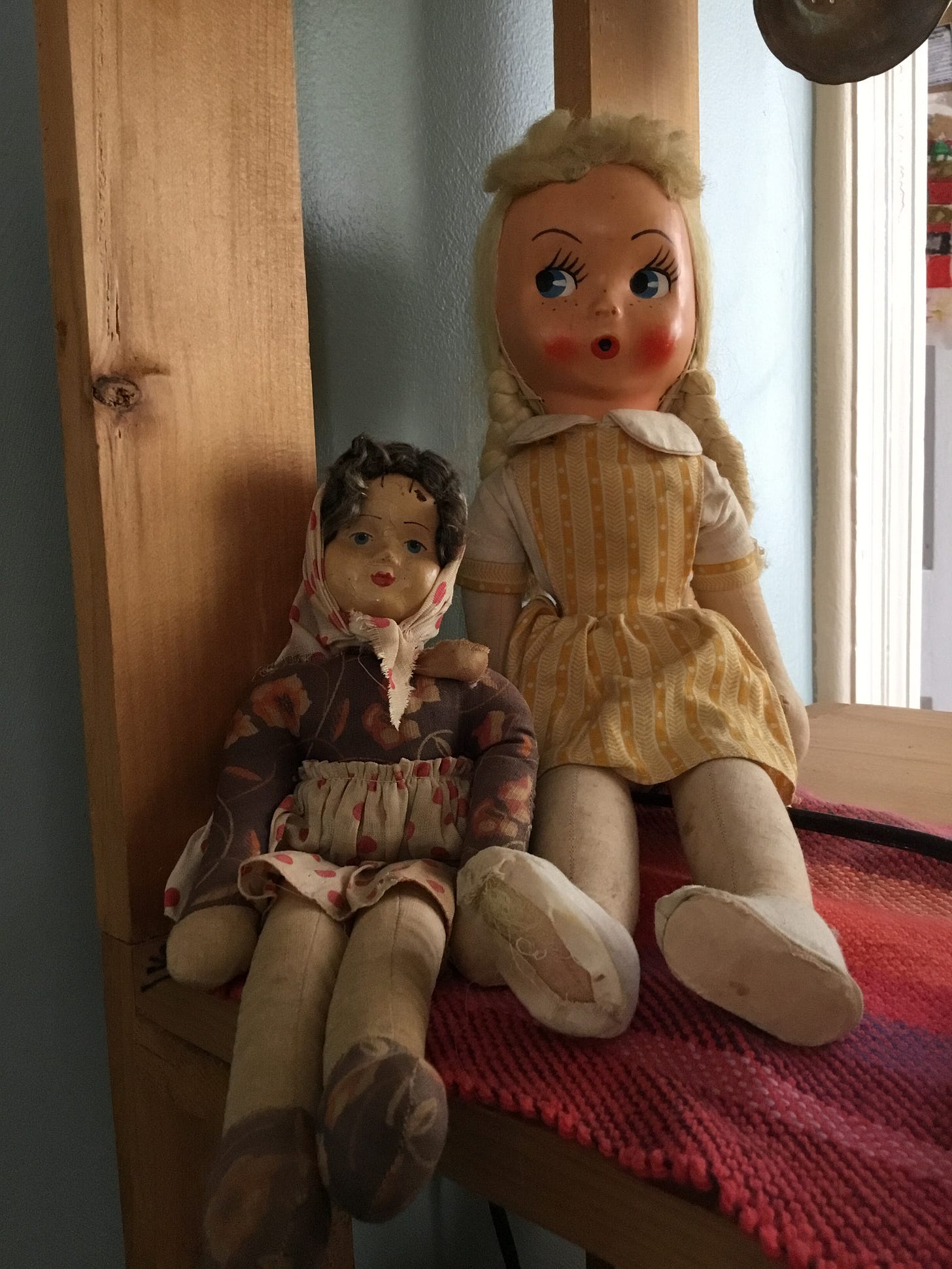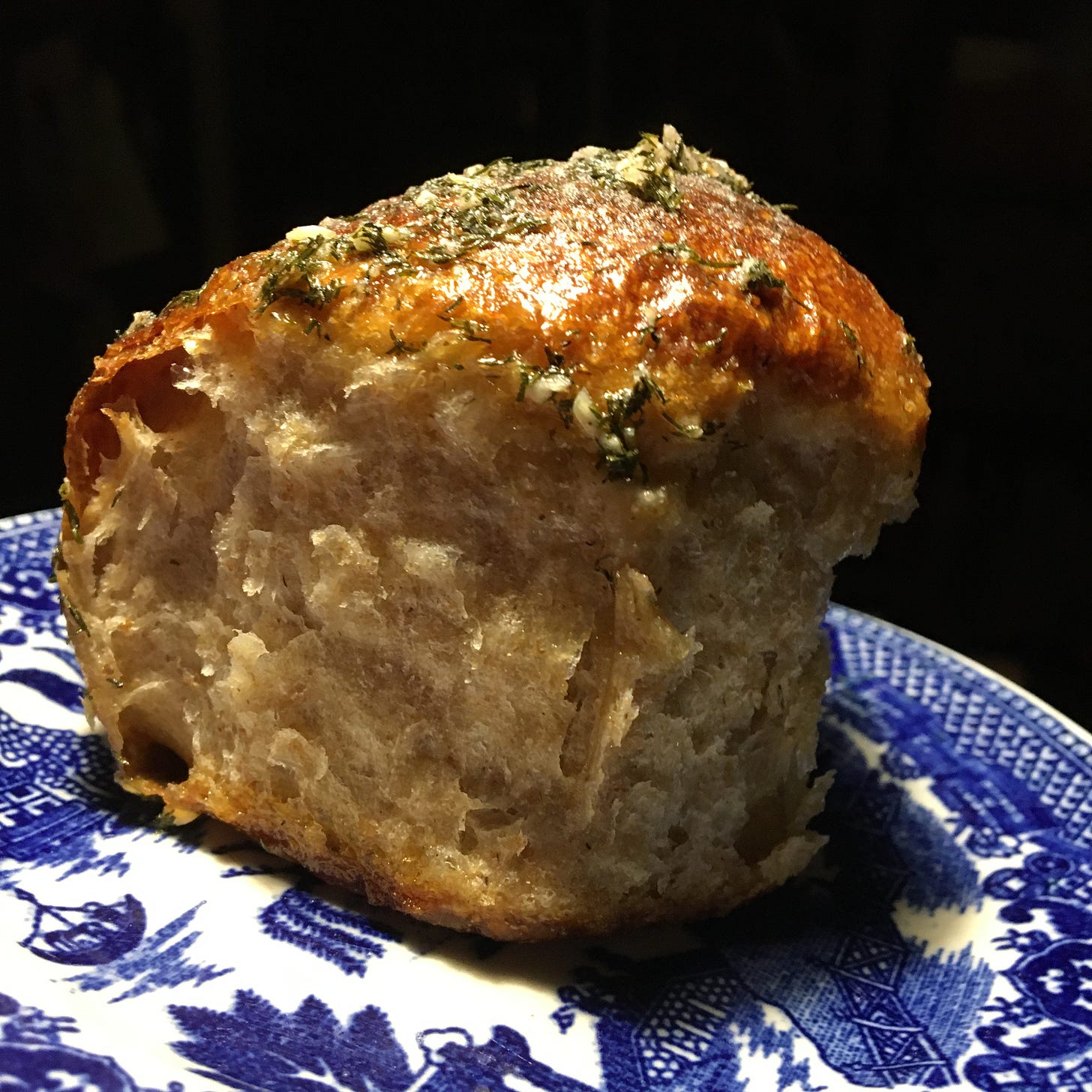Dear Bread,
The Gilded Age, an HBO series, is filming again in Troy, filling downtown with entertainment workers. They look different from us residents and have their minds on their jobs: unloading props and setting them up. Thick electrical cables bumper the curbs. Orange cones block off parking.
I should be delighted by Troy’s grand architecture being used to tell a story, but I’m suspicious of period dramas. Yes, this series touches on class and labor issues, even setting a Pittsburgh strike in Cohoes against the Harmony Mills in the last season. That was the only show I could watch, my stomach in knots over this, another celebration of money, another film reinforcing rather than questioning the hierarchies of wealth that set our cultural clock, keep us ticking in an upwardly-mobile fantasy.
What if the dominant storytelling medium could make social equity and the greater good a substantial plot point? What if under resourced communities in Troy could benefit from our buildings’ moments onscreen? I have chewed these thoughts for years, interrogating the entertainment industry and American social values in a gazillion unpublished op-eds. Observing recent preparations, and growing impatient with my cynical, kneejerk objections, I quizzed myself. What do I want from the past?
Some read the past like a map to better times, but nostalgia is not why I want to break into the treasure chest of the olden days. Over time, I’ve wanted different things:
1. When I was a kid, I wanted a doll I found forgotten in the shed behind my grandfather’s house. She was in a stroller. The shed was metal, the kind with doors on runners, doors that never shut easily. I can still feel the want I felt when I saw her, my elbows itching to cradle her. I craved the heft of her, chunky cloth thighs and composite knees and feet. (Composition is a mixture of sawdust and resin and other stuff that made a facsimile of porcelain.) The giant baby doll would thaw in my arms, possibly become a little girl I could care for and cuddle like I did my baby brother. Only the doll would be mine, not my parents, not everyone’s. I loved the crack on her head, the broken fake skin on her face and painted-on hair, the way her eyelids malfunctioned, stuck shut in perpetual sleep.
Old dolls are frozen youth, a promise iced up, ready to thaw. I don’t think their enchantment is eerie. The hint of play, of wanna-be but never-was, the faded dresses, ripped tulle skirts, impossible aprons: these dolls never cooked a thing but they still might! I feel affection for them and their dress-up, for the almost they hold in the air, an action ready to happen, a thousand set-ups and dioramas to make.
2. As I got a little older and read biographies of famous Americans, from an orange cloth bound series that took up a whole shelf at the elementary school library, each title a DIY for heroism, I wanted a piece of their fame. I wanted to contribute to society as inventors and presidents had, and I thought that relics might help establish me as someone who would be written about in another inspirational biography series. As my parents renovated our house, I hoped we could find a letter from Abraham Lincoln, or a tiny journal, even though upstate NY wasn’t anywhere near Illinois. The past was far away, and geography was also remote. I’d be happy if the house gave us a special penny, or a sack of silver coins. A stamp collection? Anything at all.
3. As a teen, my best friend and I spent nights prowling vacant buildings, chasing ghosts. I wanted the empty structures to seep their pasts like sweat. I huffed the funk of damp plaster, stuck my nose in old record books at the YMCA, reading names by flashlight in a wishful séance. I said them aloud, as if my voicing summoned the bit of them that had been there, in the abandoned place, the single rooms where men made home? If the ghosts surfaced, would they want to talk to me? Could I get them to tell me something precious and mundane? I wanted their reflections. The past, abstract and vast, seemed full of lives. I thought, begged, hoped that the dead wanted to hang out with us, ooze out of the flaking wallpaper and into shape. I had one ear cocked, listening for movement, hoping for 1892, 1902, 1932 to walk into 1982, and say hello.
4. What else I’ve wanted: clues about what to eat. Hints on how to feed my family. I wondered how Troy’s industrial histories could help my urban removal-ed city remake itself. What echoes would act like earthquakes and crumble the suburbs, restore downtown? Should we make horseshoes again, or brushes, or oil cloths – the precursors to linoleum? How could we get fashion to dig detachable collars and cuffs? I dug into the local histories of child labor and urban renewal. Listened to people about their remember-when’s. Read old newspapers and community newsletters. Felt like the wizard rubbing my hands on a crystal ball, staring into the future-past. I made a picture book and a comic book. Wrote a novel, all of them about Troy.
5. And now, what do I want from history? I still float with and through the past, which is getting closer. A hundred years was once forever ago, unimaginable. Now, it’s a glass of water, neither half full nor empty: time is water, and we must drink.
6. What do I want from Minnie Emily Greenaway? I look out my kitchen window at the house where she lived in 1924. I try to imagine her there, on the second floor, eating dinner with her family: her nephew, mom, dad, and sister. Yesterday, as I was walking home from a twilight walk, I felt my feet heading up her steps, my hand putting a key in her door. Such a visceral curiosity! I have to get under her skin!
There is so much I can’t know about her, but she really intrigues me, this daughter of a baker dad and a mom who worked in the textile mills. I found stories she published in the NYS Teacher’s College/Normal School literary journal. She may have written them when she lived behind me, or at the house where she lived previously, which happens to be where Herman Melville lived, on and off, as he was teaching in one-room schoolhouses, voyaging on ships, and writing his first two books. Did Minnie know that this was Melville’s home? I don’t think so. I haven’t found a timeline for when Lansingburgh noticed its attachment to him, but I don’t think that it was just as he became celebrated as an author, in the late teens and early 1920s.
I suppose what I’ve always wanted from the past is magic. A leap from the glorious world I see into the even more glorious world of another era, another person. I want to travel sideways from me to an else — someone else, somewhere else, something else.
Well, I think I had better sign off for now, because my musings won’t stop.
I hope you are enjoying summer and eating some excellent cobblers and crumbles. And, if you are interested, I hope you might join Ellie Markovitch and me for a baking class a week from today, making sourdough pampushky, pictured above, and fruit filled vareniki. This is part of the Bakers for Bakers fundraiser to help restore Cold War era mobile bakeries for Bake for Ukraine — look for classes in Asheville, NC and for Ukrainian bread and treats at your favorite bakery. If you sample any of them, please let me know.
Yours, Amy






